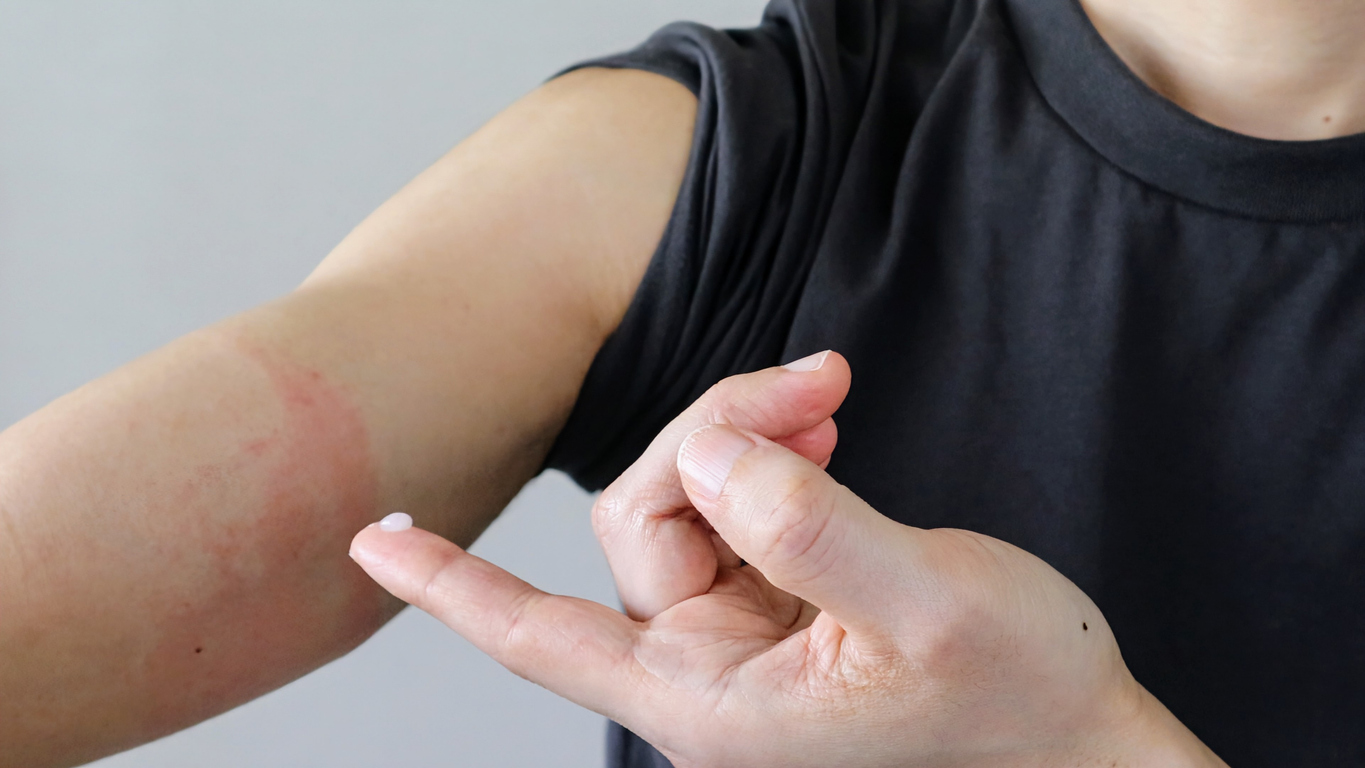Anti-aging is a hot topic on Intelligent Medicine. Here, health educator and frequent podcast contributor Neil Levin provides a detailed explanation of how a suite of nutrients from our friends at Protocol for Life Balance can provide a bulwark against cellular decline.
–Dr. Ronald Hoffman
This article contains content from one of our trusted sponsors.
Pyrroloquinoline quinone (PQQ), glutathione, and alpha-lipoic acid are supplements that are widely available in the marketplace. They can be very useful as supplements to support healthy aging, especially age-related oxidative stress and mitochondrial health.*1,2
PQQ is a naturally occurring compound present in most cells of the human body. It is known to be involved in a multitude of biological processes.3 It is a potent free radical scavenger that also activates several cell signaling pathways associated with the production of new mitochondria and the regulation of cellular energy metabolism.*3,4 PQQ has been shown to counteract toxin- and free radical-induced neurodegeneration and to enhance the synthesis of nerve growth factor.*3,5 These biological properties are especially important for cells with high energy demands, such as those found in the heart and brain.*3,5,6 Supplementing the diet with PQQ may therefore support heart health and promote normal cognitive function as we age.*7-9 To illustrate, in a randomized, double-blind, placebo-controlled clinical study, healthy older individuals (average age 70 y) received 20 mg PQQ or placebo for 12 weeks. Volunteers in the PQQ group tested better than placebo for memory, attention, judgment, and cognitive function using cognitive function standardized tests.*10
Glutathione (gamma-l-glutamyl-l-cysteinyl-glycine, GSH) is found in virtually all cells.11 It plays a critical role in the body’s defense system against oxidative stress by acting directly to neutralize free radicals, as well as by maintaining the activity of vitamins C and E. Glutathione is also required for proper detoxification of metabolic waste products and is essential for healthy immune system function.12 Glutathione is also present in mitochondria where it regulates energy production and is critical to the control of oxidative stress within the mitochondria matrix.11
While glutathione is an important compound for normal cellular function, observational studies have shown that both blood levels and mitochondrial levels of glutathione decrease with age, even in healthy populations.11,13 Glutathione is present in many foodstuff including fresh fruits/vegetables, mushrooms, and raw meats; however, cooking and processing food considerably reduces the amount of glutathione available for absorption when this type of food is eaten.14,15 Furthermore, once ingested, glutathione is known to be relatively poorly absorbed.16 Therefore, using a supplemental source of glutathione in addition to regular food sources is a great way to replenish its body stores and compensate age-related depletion.* Glutathione can also have other health-supporting benefits, notably on skin.*17 Indeed, in a randomized, double-blind, placebo-controlled study healthy women receiving 250 mg/d glutathione or placebo for 12 weeks experienced significantly better skin appearance (melanin index, wrinkle formation as measured by Visioscan®) in the glutathione group than in the placebo.*17
Alpha-lipoic acid (5-(1,2-dithiolan3-yl) pentanoic acid) is another compound involved in the regulation of oxidative stress at the cellular level.*18 It is found naturally in mitochondria where it acts as the coenzyme for pyruvate dehydrogenase and α-ketoglutarate dehydrogenase.* It can also help regenerate glutathione and vitamins C and E.*19 Pre-clinical animal studies suggest that alpha-lipoic acid supplementation may help to reverse age-associated decline in mitochondrial enzymes and may lower the increased risk of oxidative damage that occurs during the aging process.* Other animal studies have found that alpha-lipoic acid protects the heart mitochondria against the effects of aging.* These animal studies suggest that alpha-lipoic acid supplementation may support healthy aging.*19
Humans can synthesize alpha-lipoic acid from fatty acids and cysteine, but only in very small amounts. Therefore, to maintain body stores, it needs to be obtained from the diet. Dietary sources are found in both animal and plant materials, notably in red meat and organ meats, such as liver, heart, and kidney. The most abundant plant sources are spinach, broccoli, tomatoes, Brussels sprouts, potatoes, peas, and rice bran. Some studies suggest that alpha-lipoic acid from dietary supplements has better bioavailability compared to food since it is not bound to proteins. It has also been suggested that the food matrix reduces alpha-lipoic acid bioavailability. Therefore, it is recommended that alpha-lipoic acid supplements be taken 30 minutes before, or 2 hours after eating.20
Protocol For Life Balance® is a brand of affordable high-quality dietary supplements offering a wide range of supplements supporting healthy aging that include PQQ, glutathione, and alpha-lipoic acid.* Notable products in this category are Extra Strength PQQ (40 mg PQQ and 200 mg alpha-lipoic acid per capsule), Glutathione (500 mg reduced form glutathione and 50 mg alpha-lipoic acid per capsule), and Alpha-Lipoic Acid (600 mg per capsule).Ɨ When selecting a supplement to support healthy aging, it is also recommended that it be done in conjunction with a healthcare professional who can create a customized support program.*
References:
- Kregel KC, Zhang HJ. American Journal of Physiology-Regulatory, Integrative and Comparative Physiology. 2007;292(1):R18-R36.
- Dai D-F, Chiao YA, Marcinek DJ, Szeto HH, Rabinovitch PS. Longevity & healthspan. 2014;3(1):1-22.
- Rucker R, Chowanadisai W, Nakano M. Alternative Medicine Review. 2009;14(3):268.
- Stites T, Storms D, Bauerly K, et al. The Journal of nutrition. 2006;136(2):390-396.
- Zhang L, Liu J, Cheng C, et al. Journal of neurotrauma. 2012;29(5):851-864.
- Tao R, Karliner JS, Simonis U, et al. Biochemical and biophysical research communications. 2007;363(2):257-262.
- Xu X, Chen C, Lu W-J, et al. Cardiovascular diagnosis and therapy. 2020;10(3):453.
- Zhang J, Meruvu S, Bedi YS, et al. Nutrition Research. 2015;35(9):844-849.
- Murray M. International Journal on Nutraceuticals, Functional Foods and Novel Foods. 2018.
- Shiojima Y, Takahashi M, Takahashi R, et al. Journal of the American College of Nutrition. 2021:1-14.
- Marí M, de Gregorio E, de Dios C, et al. Antioxidants. 2020;9(10):909.
- Jones D. The Natural Medicine Journal. 2011.
- Lang CA, Naryshkin S, Schneider DL, Mills BJ, Lindeman RD. The Journal of laboratory and clinical medicine. 1992;120(5):720-725.
- Kalaras MD, Richie JP, Calcagnotto A, Beelman RB. Food chemistry. 2017;233:429-433.
- Wierzbicka GT, Hagen TM, Tones DP. Journal of Food Composition and Analysis. 1989;2(4):327-337.
- Park EY, Shimura N, Konishi T, et al. Journal of agricultural and food chemistry. 2014;62(26):6183-6189.
- Weschawalit S, Thongthip S, Phutrakool P, Asawanonda P. Clinical, cosmetic and investigational dermatology. 2017;10:147.
- Bilska A, Wlodek L. Pharmacol Rep. 2005;57(5):570-577.
- Singh U, Jialal I. Nutrition Reviews. 2008;66(11):646-657.
- Goraca A, Huk-Kolega H, Piechota A. Pharmacological Reports. 2011;63(849):849-858.
* These statements have not been evaluated by the Food and Drug Administration. These products are not intended to diagnose, treat, cure, or prevent any disease.
Ɨ For a complete list of Protocol For Life Balance® products containing the three ingredients described in this article, please visit protocolforlife.com







